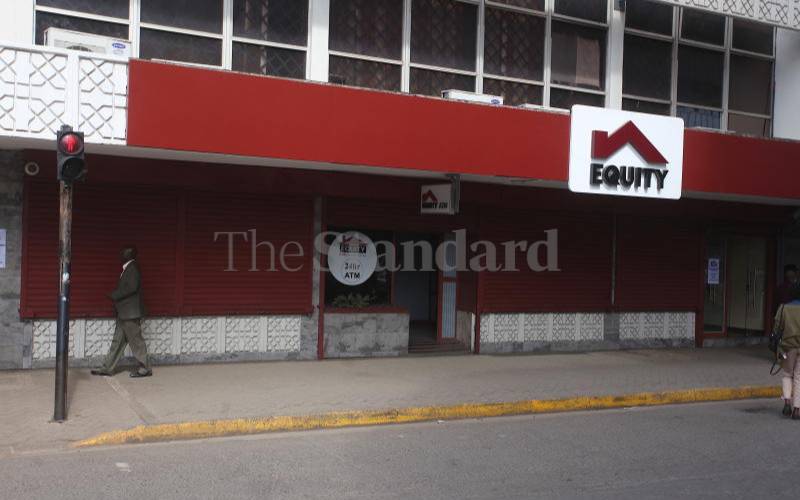×
The Standard e-Paper
Home To Bold Columnists

The ‘error’ on this account was flagged by Equity Bank’s Risk and Compliance Department on May 28, 2010, during the preparation of the end month processes.
The department was counter-checking huge transactions for May, in line with the Central Bank’s (CBK’s) prudential guidelines. This one amounted to Sh116 million.